Meet your hosts
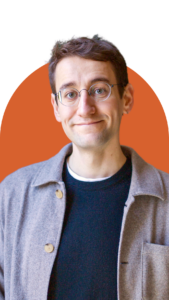
Sam Edwards
Sam Edwards has a wealth of experience devising strategy and managing marketing campaigns across industries, with a particular focus on standout, creative campaigning. He has his heart screwed on and his head in the right place.
Beyond Yawn, Sam works with The Feed social enterprise as a Non-Executive Director, working to prevent poverty, hunger and homelessness in Norwich.
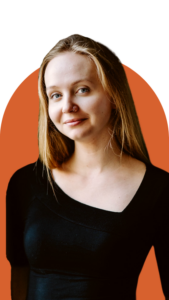
Grace Appleby
Grace Appleby oversees all of Yawn’s precious relationships with clients, friends, partners and suppliers, and enjoys nothing more than meeting new people.
In her free time, Grace is a networker by nature – organising events for the Buy Local Norfolk community and running Norfolk Women’s Marketing Network C.I.C.
Transcript
Grace: Welcome to the Yawn Marketing Podcast. We believe good marketing is like a yawn. It gets to you and goes around the room.
Sam: We’re an agency and consultancy based in Norwich, and as we celebrate our fifth year, we wanted to step outside the business and reflect on some of the things we’ve learned along the way. I’m Sam Edwards, the Managing Director, and joining me as ever is Grace Appleby, our Client Services Director.
Grace: We’re going to be looking at the highs and lows of agency life and everything in between, so let’s get into it.
Sam: So we’re talking about culture today, and I wanted to start with our journey: how you came to work at Yawn, and where that’s taken us. Because you were the first person that I hired and for that first kind of year or so, the biggest thing we did was just build the culture. I wanted to just talk about it. I started as a freelancer and had about 18 months, I think. Just working as a marketing consultant, talking to clients, and I didn’t realise how lonely that experience was until you turned up and I kind of started doing that. So I had enough work to just about hire somebody and I created the brand pretty much to do that. As a marketing professional, I’m now scandalised that I didn’t have a website, didn’t have a brand name or anything.
Grace: Didn’t have any social media channels.
Sam: Nothing at all. Didn’t have LinkedIn, as you pointed out, I think in your interview. How the tables have turned. So I created the website, put my face on it, which, now that’s a million miles away (I think, I’m now hidden away somewhere on the website.)
Grace: On the ‘About Us’ page.
Sam: But I was right on the homepage doing a big kind of cartoon yawn because I wanted everyone to know clients, but also people that I was, that were interviewing for this new job as a ‘Digital Marketing Executive Intern’ – I think that was the first role. I wanted them to know they’re working for a real person and with a real person and that was kind of important because I was basically asking people to come up to a cupboard office that I had rented for the purposes of interviewing and, like, trust me with their career and with their kind of start.
I was hiring someone to be a kind of second brain on that project. Where were you? We can talk about the process in a second, but what was your situation in June 2020?
Grace: I was still at university. I was studying at UEA for a French degree, which I use all the time.
Sam: Oui oui.
Grace: Absolutely. I was interning in my free time as a Marketing Intern for a student letting agent, which is about as dodgy as it sounds, I imagine. I saw the role on UEA Careers Central, and it was an internship, and it was specifically a marketing agency, or in my eyes, it was a marketing agency. Obviously, it was, it was a marketing freelancer really.
Sam: I read the job spec today, and it was talking a lot about ‘we’, but then also said it’s just one person and you’re going to be part of that.
Grace: I thought of it as a marketing agency. I knew that’s what I wanted to do next to learn more about marketing. It didn’t really strike me that, although I knew it was one person, that therefore isn’t a marketing agency.
Sam: I had a dog as well.
Grace: Yeah, of course, three of us including the dog.
Sam: That was a line we used quite often. It was a line we used all the time. It’s a line we used until quite recently – “ten legs if you include the dog” or something along those lines. Thank goodness those days are over.
Grace: I was interning for an estate agent. I saw the role, applied for it. I was gonna cancel my second interview, because it turns out marketing agencies ask you to do tasks, and I didn’t fancy that, it seemed a bit too much like hard work.
Sam: So with that, when you applied… We’ll go on to talk about how we hire now and what, how we’re screening for culture and things like that and whether that’s appropriate at all. At the time, I remember, so I sat with my wife, who’s not in business or marketing at all, but like, again, I didn’t have anyone else to kind of reflect on this stuff with. It was really important to me that I didn’t know too much about each of these, these kinds of people who were applying that I was just, just going on what I had. So she was redacting names and genders and anything else kind of distinguishing, and then sending them over to me. We were sat either side of the sofa, and I was kind of reading through them. Yours was the first one that I had – only because of the alphabet.
Grace: Alphabetical order.
Sam: I remember thinking “oh this is really good”. I know we were kind of grading them and at the end I was kind of disappointed that the best one was the first one because at the start I’d felt like “well, this is amazing”.
I think we had seven in a kind of long list, and then a shortlist of three wonderful candidates interviewed. I remember I was more nervous than any of the people I was interviewing. I don’t know if it was clear to you, but it was very obvious in the room. And again, in the middle of lockdown as well, I had to have I think my masks on all the way up to the room windows open all of that stuff. There’s many things that made that quite a strange experience. And then as you say in the second interview I set tasks for everybody. Do you remember what you were asked to do?
Grace: Yeah, and it was really smart. I was just a lazy student. So, it was to create 10 social media posts for a business in the Norwich Lanes of your choosing, which was fun. I was still relatively new to Norwich, I’d only been a student for four years, and I had not ventured off UEA campus much, so the Norwich Lanes were still unknown ground to me. So I chose a business for that. Then, the other task was to do a newsletter for a wild swimming company.
Sam: The point of doing all that… We’ve jumped around on whether we do tasks or don’t do tasks and things like that when kind of interviewing. The point of doing it at the time was to see… I needed one person to kind of work with me and to do everything with me.I had no idea how it worked. I’d only worked in an agency before very, very briefly. I didn’t really know how it worked. So I needed to be able to work with that person. The purpose of those tasks was to see how someone could perform, but also to see how they responded to feedback. So I remember pulling apart what you’d done, which you now would absolutely hate, and workshopping it with you almost. Less about what was actually happening there, and more to see how you respond, and how we could kind of work together.
Fast forward, I obviously offered you a job, and it’s all worked out quite well.
Grace: So far.
Sam: At the time, did that feel like a big leap? Because we talk about office culture a lot and things like that. The culture you were stepping into was completely unknown, but also mad. Like, I wouldn’t advise someone to go and work just with one other person they’ve never met before in a room. I keep on saying in a room; in lockdown that was a big deal.
Grace: It was a big deal. A question I’ve been asked a lot since is: if I thought of it as a risk joining a one man band? Because obviously there isn’t as much security and that kind of thing, especially as part of a business that was bigger.
Sam: Anything was bigger as well.
Grace: Yeah, absolutely. There was just two of us, but I think the short answer that I give is always no, because at the time I was working for a business that wasn’t particularly secure, as the bailiffs turned up one day and made that quite evident. I think the thing I was most nervous about was working with one person because if I liked them I liked them and if I didn’t, tough. So that’s what I was nervous about, but clearly not nervous enough to not accept the job. So, he did something right.
Sam: You have said before that if the bailiffs hadn’t turned up at your other job you would’ve cancelled.
Grace: Whether that was laziness, I’m not sure, I was new to Norwich still kind of post-lockdown, didn’t know anybody and I thought “oh, you know is this gonna be my one and only colleague? I can’t meet people and make friends that way because it’s just the two of us.”
Sam: And there wasn’t any networking or anything like that at the time.
Grace: No, there was no events going. Nothing, so we really were it.
Sam: Your first day… again, I’ve been reflecting on this quite a bit over the last couple of days thinking about how different we are now as an agency. We’re doing this podcast series to celebrate turning five years old. And I don’t even know what someone’s first day at Yawn looks like these days. I’ve got nothing to do with it. Depends on, on who your line manager is and what you’re doing and things like that. Yours, we just went for a walk. We literally had four clients on retainers, and we just went for a walk and chatted about them. In the following weeks and months, and it was more than a year where it was literally just you and me. We did almost everything together, collaboratively. So if clients had social media content to write – we both did it. Or there was a consultation project – we just did it on a whiteboard together. Hilariously inefficient. Absolutely mad. I know.
Grace: Jess would have us.
Sam: Jess, our Operations guru, would flay us alive for that now. We were also doing a kind of white glove service for the client and when you stepped in like I’d worked really hard to develop that. I’d say like 18 months of really kind of honing my skills as a marketing consultant. I remember being really precious about what work you did do on your own and everything went through me to go to the client because I really didn’t want kind of, you know, I was really kind of picky about that kind of responsibility.
Grace: At the time I was really frustrated because I really wanted to, I think I said to you on my first quarter review, I wanna schmooze, I wanted to do more schmoozing – because I love client service, funnily enough. At the time I thought this is so slow, why can’t I just meet these people? But now as a client service person, I completely admire that because they trusted you, you’d built a real relationship there. We’ve found from bringing new people into the team that clients are jumpy if there’s a new face, someone new kind of managing their baby, their brand.
Sam: We’ll be talking in other episodes about, about exactly that, like the biggest slip ups we’ve had with client service have been around personalities,
Grace: moving too quickly. So it was a slow start, but I’m really grateful for it, and doing things together meant we learned very quickly how each other works and thinks, which is now our biggest strength. I think we don’t have to talk to each other a lot of the time – we just know.
Sam: You say “moving quickly”… The learning curve was extremely fast, but actually we deliberately, and when I look back at it now, I always characterise it in this way. We were putting the brakes on as much as we possibly could. We were turning away work a lot more than we ever went for anything. I was actively trying not to grow the “agency”, whatever it was, because I wanted us to figure out how to service clients really well. I think we probably thought we were building processes, we weren’t really building any, any kind of, like, proper processes, but that was important to us to kind of go through the motions, and by going as slowly as that, we learned a lot.
I’ve got in my notes. I wanted to make sure I also point out, we had quite a lot of fun.
Grace: We had a lot of fun.
Sam: We actually did. In retrospect, again, with the efficiency we’ve got now as an agency, that we have to have now as an agency, we did a ridiculously small amount of work.
Grace: We did. Well, you managed those four clients on your own, so to have two of us managing them…
Sam: I think we had, we had grown as an agency in order to accommodate you coming in.
Grace: Yeah, you were stretched on your own.
Sam: We then didn’t try to grow again for about a year. And part of that was that it was just really good fun.
Grace: We went for walks whenever we needed to have a meeting. We walked to the Strangers Coffee Hatch, which is expensive in hindsight, and listened to music all day long and chatted all the time – far too much!
Sam: A good mark of that was a couple of times one of us had to isolate, for seven days or ten days, whatever it was. And whenever we came back from that, both of us said, “Oh God, I got an awful lot done then because I wasn’t asking you”.
We’re going to take a break in a second, but before we move on… We’re going to talk about hiring and kind of where we are now and how the agency works these days and specifically with regard to culture, but I think it’s worth flagging when we’re talking about that first job that you had. As I say, I looked today at the job spec for it, and it’s stupid. I don’t really write job specs anymore because I haven’t gotten any better at writing them. There’s no kind of definition to the role.
Grace: It was marketing copy, it wasn’t a job description. You were trying to sell what Yawn was going to be, not what it currently was, and I think that’s the difference.
Sam: It did feel like I was… Again, I’ve talked a lot, we’ve talked a lot about trying to persuade someone to come into the business. I did feel like I had to sell something. I didn’t feel like anyone would want to work with us, work with me. But because that job was really broad, it allowed you to kind of step in. You’re the kind of person who will step in and just, just grab it and just kind of do things with it. I think us moving as slow as we did and whilst you were kind of learning the ropes and pushing the envelope a little bit maybe? That built our cultural foundation and it’s a complete fluke. It’s because personality wise it worked between you and I. But as I say, moving really slowly like that and building that cultural foundation has allowed us to move really fast in the rest of the journey, which we’ll be talking about in a second…
Welcome back to the Yawn Marketing podcast. We’re now gonna talk about where we are now and these days you are much more of a kind of custodian of our culture. We both kind of sowed the seeds of that and got the ball rolling. But I would say you’re also more of a spokesperson for the brand than I am. I noticed you do a little smirk the other day when a client described you as the face of Yawn Marketing.
Grace: Oh my goodness, who said that? Oh, you can’t say that, sorry.
Sam: I think you enjoyed it. I thought it would have stuck in your head. We’ve hired 14 people since you and we’ve probably interviewed, between us, between 40 and 50 people.
I think you and I have been in every interview, although now, as we’ll talk about later on in this series, like, we’ve got a leadership team and Jess is part of that and has hired a few people herself. But we’ve been part of most of it. Talk about what that looks like today.
Grace: So when we’re looking for someone at Yawn, a lot of it is headhunting, actually. We do put jobs out there. We do a mixture of kind of doing that, and when I say headhunting, it’s not so much actively seeking people, but we always have some people kind of on the go. We’re networkers by nature – we love a good chat, we meet a lot of people when we go to events and things, and you meet someone sometimes and think, yes, like, It’s not written down, but there is a list, right?
Yeah, like I’d love to work with you, I’d love for you to be part of the team, so there are people that we keep in touch with, we’re friendly with, just so that when that role comes up, or the time arrives that, you know, they’re there. But nowadays we do coffees. So the first interview round is usually a coffee or a video call (something casual), just before anything formal because interviews are stressful. The last thing you want is to go through stressful questions in our boardroom with both of us, if actually we know straight away that it might not be the right fit.
So after the casual conversation, if they pass that round, as it were, and they meet you and me, normally in the office, so people can see it. We do some scenario based questions, which is quite a new introduction. It was definitely later on in the process. But, kind of asking people…
Sam: It’s not got my fingerprints on it at all.
Grace: No.
Sam: That’s the last thing I would ever dream of doing.
Grace: But asking people what they do in certain situations, because it’s not for us about people having the right answers, but about them knowing what to do in those situations, especially in client service. If a client’s unhappy, you need that instinct of “Ok. What do they need from me? What can I do to appease them whilst I sort it out?” Something along those lines, so. See how people answer those questions. No right or wrong answer, but just seeing how they react.
Sam: You’re much better at that. Again, when I interview, it’s pretty scatty, and it’s very chatty, like, I’m much more interested to talk to someone about the books they like, than kind of their professional experience.
Grace: I think first round interviews for me are pretty scatty too.
Sam: Yeah, okay. When you do those scenarios, it’s really good fun, because you always say, “There’s no right or wrong answer and I’m not going to intervene. I’m not going to tell you when you’re done. I’m not going to give you any pointers.”
Grace: I’m not going to say, “Great!”, I’m just going to say, okay, put on the next screen.
Sam: Client said this thing, what do you do? And watching how someone responds to that is really interesting. Because again, in client service in particular, someone needs to be able to think on their feet and they need to be able to kind of juggle responsibilities and things like that. And when they run out of steam too… Yeah, I wouldn’t get a job at Yawn these days, like there’s no way at all that I would pass that.
Grace: Yeah, it is good fun. And I think it’s just interesting to see how long it takes people to answer, their thinking process – it’s all part of it.
But really it’s still a very informal process. Two steps, a casual chat, and then a more formal kind of question stage. But we tend to know pretty early on.
Sam: And we will talk in a second about why: why and whether that casual chat is appropriate because there are like people have.. I mean no one has said it to us but like, you know, it’s very kind of out there that people have concerns about from a neurodiversity point of view.
Grace: Absolutely. Putting someone in a social setting isn’t necessarily the fairest way to interview someone which you know is something we pay, pay heed to and that’s why we can email people questions in advance and things like that. But at the same time for a client service role, we have to be careful.
Sam: Let’s pick that up because that is interesting. I want to also talk about the cultural draw that Yawn has, which, definitely don’t want to overstate. Like, people want to work all sorts of different agencies for all sorts of different reasons. I do know from talking to other agency bods and you all know as well, people sometimes say, how do you get that many applicants for that job and how do you do it?
There’s been a few jobs where we’ve opened, opened a JD and there’s a queue for me out the door, like people really want to be there. We both know, if we’re honest, generally that’s for more junior positions, like those young marketeers can see themselves working with us in a way that they maybe can’t see themselves working elsewhere, but how do you think we’ve done that? Because that’s marketing.
Grace: It is marketing, but I think it’s all down to how approachable we come across. I’m not saying we come across as approachable, but because we’re at lots of events and we meet lots of people, if you’ve already had a conversation with someone before or someone who works at Yawn, or knows Yawn, that barrier is already a bit smaller to kind of overcome when you’re applying. I think it is because we’ve met a lot of people. We go to a lot of events, so do the team, and Yawn’s quite well represented in that aspect.
Sam: If we’re honest then this podcast is an opportunity to reflect on five years, but also to look at the next five. A challenge we have is, you just described how well we can kind of recruit from people within our circle who already look up or across at the brand. But how do you cut through to people beyond that?
It’s an interesting thing for us to kind of workshop for the next stage of growth. I do think in the, again, back to that first year or so that you and I spent in the office, trying to show people, clients and whoever else that look, it’s a real agency. There’s another person here as well. We learned to kind of live on social media again, because there was no networking stuff. We learned to do that stuff. I don’t just mean posting, when it’s someone’s birthday, but like finding ways to kind of share the experience of working in a marketing agency. I think that’s served us quite well.
Grace: That’s all we did at the beginning.
Sam: And dog content helped as well.
We are also in our fourth office now. And you were saying before we started recording that the office has nothing to do with the culture, or they’re kind of divorced and we should never put too much emphasis on that.
But I do think we’ve… Again, we started in a little kind of cupboards, basically. We then moved to an office that had its own kitchen. I remember that was absolutely thrilling.
Grace: Even just the sink. Not having to walk downstairs to fill up the kettle was bliss.
Sam: Yeah, I forgot about that. And then, moving to where we are now on Redwell Street, and we’ve just taken a new floor in that building, and expanded.
We’ve always kept the team all together in one room. I think that has been important, but we’ve also kind of invested in that space and that’s part of it – we know that we need the work that goes on within those four walls. We know it needs to be broadcast out. We know it needs to be kind of Instagrammable and things like that. Again, for our clients, they walk into our kind of space. We’ve got lucky enough to have an interior design client. So we’ve got a pretty good-looking space. It needs to kind of make a statement, make a bit of an impact. How do you think that plays into culture?
Grace: I think the reason we used to think the office was such a big part of the culture is because for you and I it is. We are in-office people, we like to be in the office more than we’re not. Whereas as the team’s grown, the needs of the team have changed and now we’ve got folk who really value the flexibility of flexible working which isn’t something you and I’d considered because we weren’t fussed by it.
Sam: And if we’re honest, you and I have found that challenging.
Grace: We have found it challenging, yeah, the kind of move over to people being out of the office – two days a week out of five was quite a big adjustment. The value that it holds for the team has kind of won the argument for us 10 times over because people really appreciate the flexibility to be able to go into their child’s assembly or to leave early for an appointment. And to not ask! You don’t have to be nervous about asking, you don’t have to ask at all, just let us know and, you know, we’ll see you later.
I think now the culture is very much that atmosphere of openness.
Sam: I do think that’s also a threshold that we passed because even in the, in the height of COVID, you and I, and then when, whereas we brought in the team for the first like, six people, like maybe even eight people, we were always in the office together. That was our rule… Well, we didn’t have to kind of enforce that, but that was kind of how we worked. The justification was always, we’re building a brand, we’re building a culture, we’re kind of working from scratch, and we can’t do that remotely. Now, the thing that we built has kind of sprouted legs (more than ten). And is able to kind of self-sustain and it can certainly sustain being in the office three, four days a week, but home for periods as well. So it kind of, yeah, that’s that’s quite a quite a moment. I think that we’ve kind of crushed without really kind of acknowledging where and how it happened.
Grace: Yeah, definitely and I think it’s a show of our growth in the fact that we’ve grown as people, because now we’re open to different ways of working that we weren’t before. And it is that every person who’s joined the team has taught us something that we should either pay attention to or something that we’ve learned we don’t need or kind of this that and the other.
Sam: That’s a very neat way of getting on to the last thing I wanted to talk about on this, which is psychometrics and kind of diversity with hiring and with culture.
Psychometrics. Yeah, so we’ve done twice, you and I have done psychometric testing and we’ve done that with the team as the team has grown. So we’ve had to do two batches of it and we’re probably due another at some point next year. When we’ve done that, you and I are strikingly similar. And again, that’s why I say it’s a complete fluke.
Grace: How similar, Sam?
Sam: Yeah, well, the exact same, I think there are like 360 squares that you can kind of be in on that, or segments or whatever, the circle thing that we did. We were in the exact same one. And then there’s your main one and then the one that you kind of go to when your kind of guard drops.
And ours are the exact same but switched. The exact same but switched. So, like, the odds of that are vanishingly small. But we’ve learned to hire other people and in particular in January 2023, we hired four people in a year, and at speed. We plugged in all sorts of differences… We learned this when we did the psychometric testing again, all sorts of different personalities there, and that diversity of thought has really worked for us. Again, if you and I sat together with some kind of crisis, we can basically only drive in one direction because we only know one way of thinking. And for you and me, that’s to kind of catastrophize and talk the problem up. Whereas, we have now got kind of solutions people to take you in a whole kind of other direction.
So we’ve learned that diversity of thought really serves us. It would be really interesting to think about how we can inject that into our interview process and things like that. As you were saying, we’ve always taken people for coffees and things because we wanted to find more people like us. How do you think we can do that? Like better?
Grace: I think there are so many ways but I think different people interviewing is a good start because you do naturally gravitate towards people that are like you or that you can see some of yourself in. Whereas, you know, for the delivery team, Jess leading those interviews is already a great step in the right direction because Jess is a different character to you and I. Fortunately, we don’t have a third person in the same ruddy square on the psychometrics test. It would be carnage. But you know, Jess balances us out in a really nice way, and therefore when she hires, she just looks for different things than we do, so I think we’re already doing that by sharing that task.
Sam: So that’s all about role definition.
Grace: Yeah, definitely.
So when we used to hire for roles, we used to put out the job description very much focused on tasks and nothing else. Whereas now we’ve got a fabulous team, got some brilliant account managers, some brilliant delivery folk, and we don’t want carbon copies of the people we already have. We need folks who fill a skills gap we’ve got over here, or someone who’s got an interest in something that no one else currently does. So we’re not just looking for X person to fill Y role. We’re looking at their personalities and what they’re interested in and what lights them up. So I think that’s the main difference now when we’re hiring is just we know what we want.
Sam: Yeah! You make it sound a lot better put together than we, than we really are, like we have a plan. Next episode we’ll be talking about times when we haven’t had a plan specifically looking at client service, which is your area of expertise.
Thank you very much for listening to the Yawn Marketing Podcast.
We will be with you again soon!
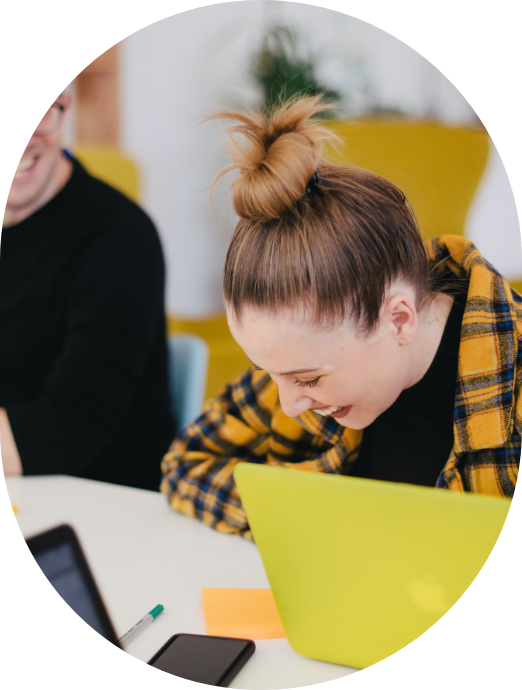

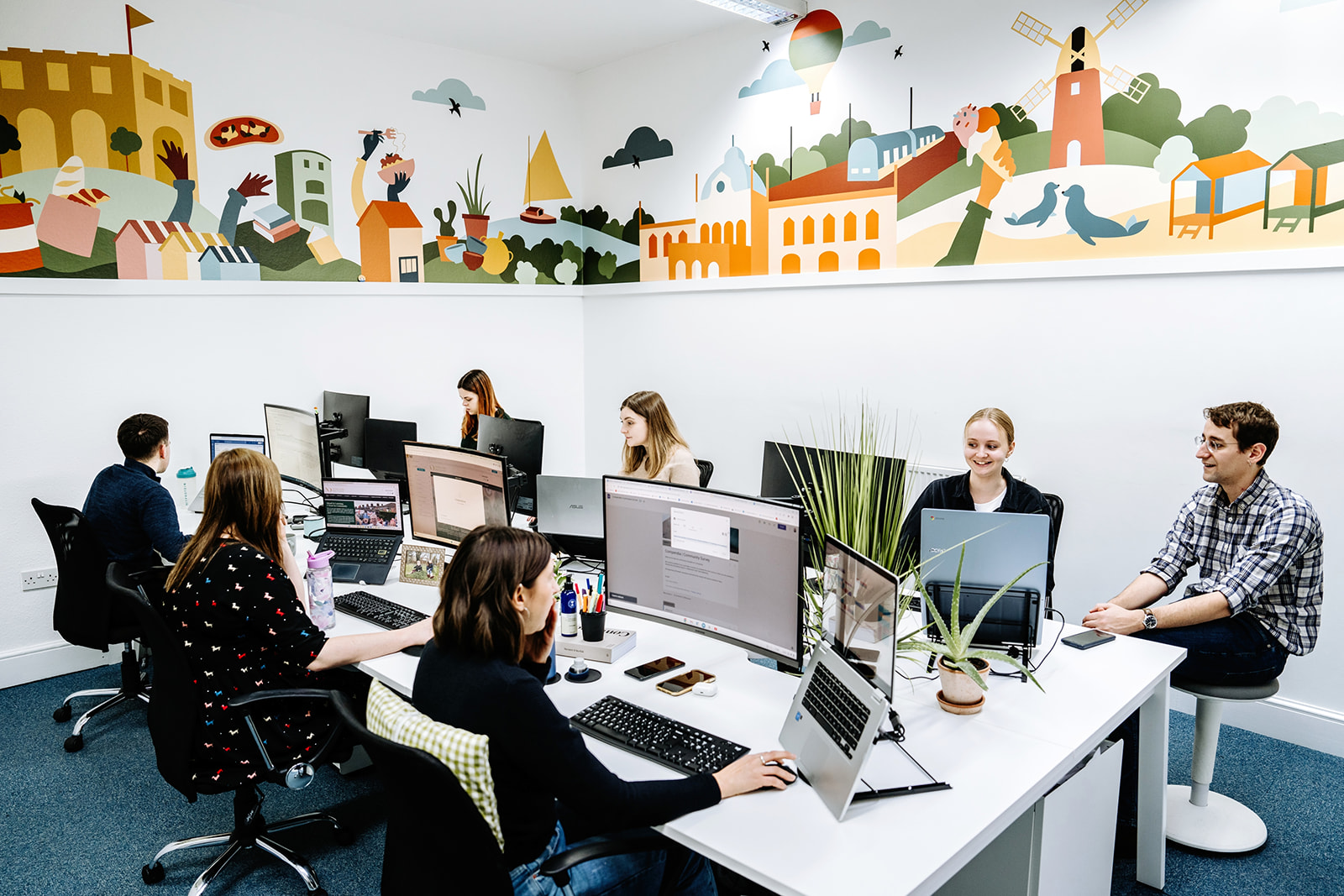

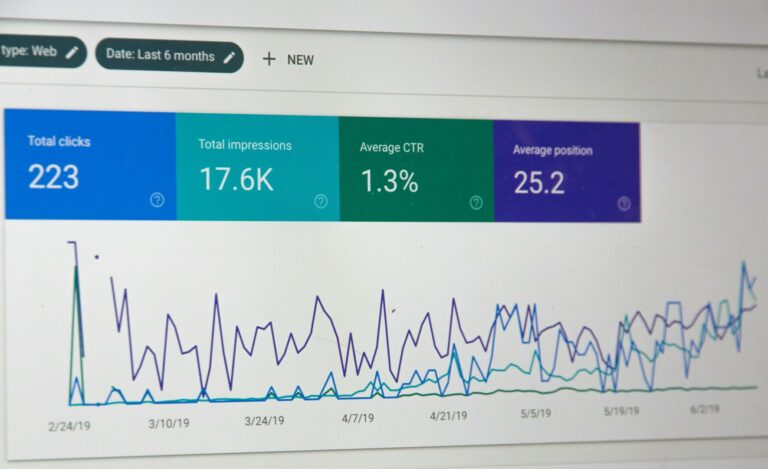
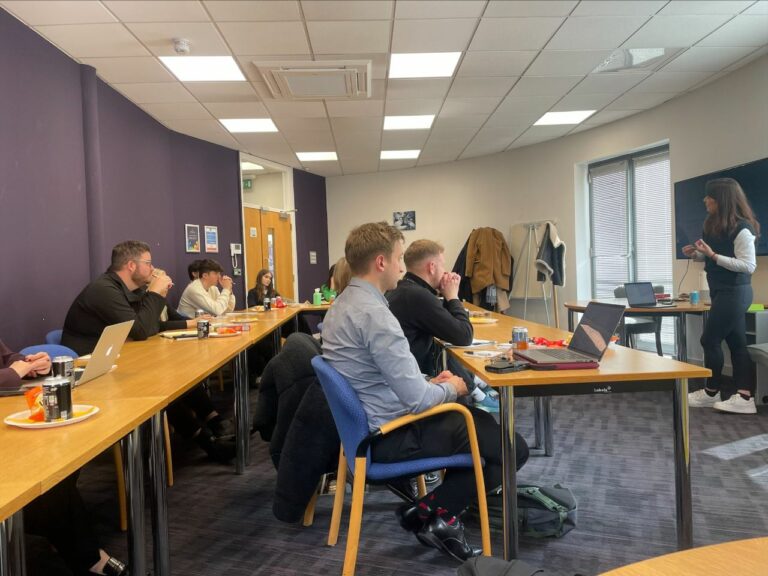




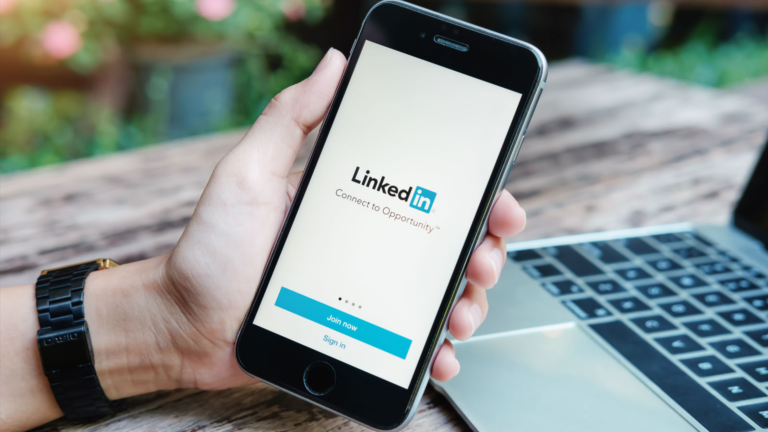
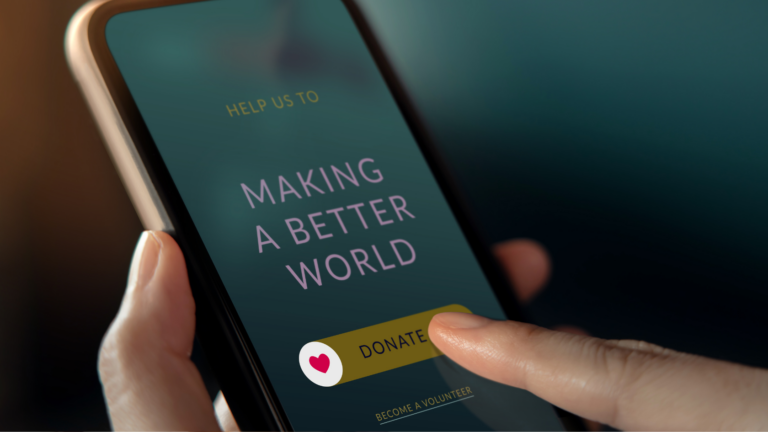
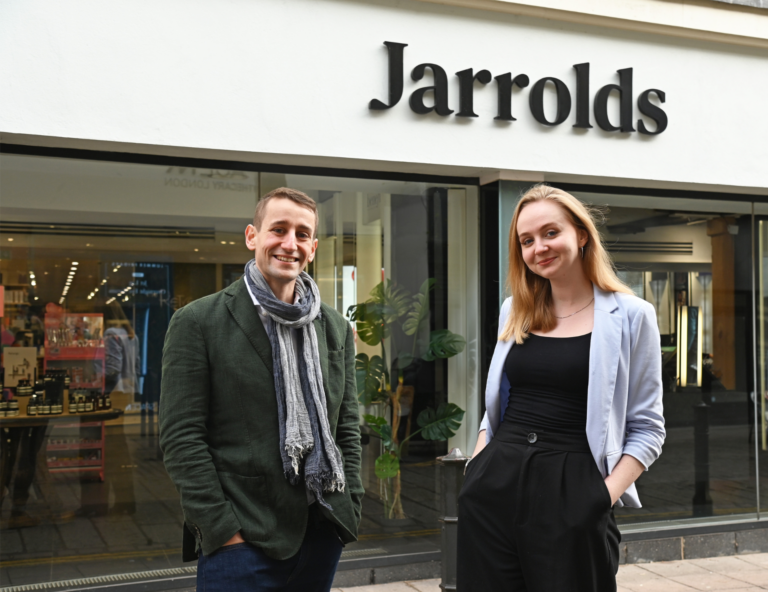
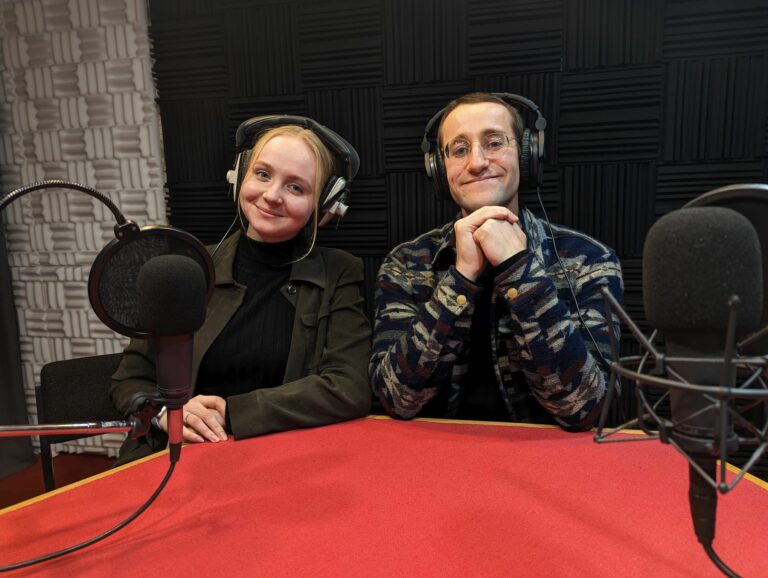


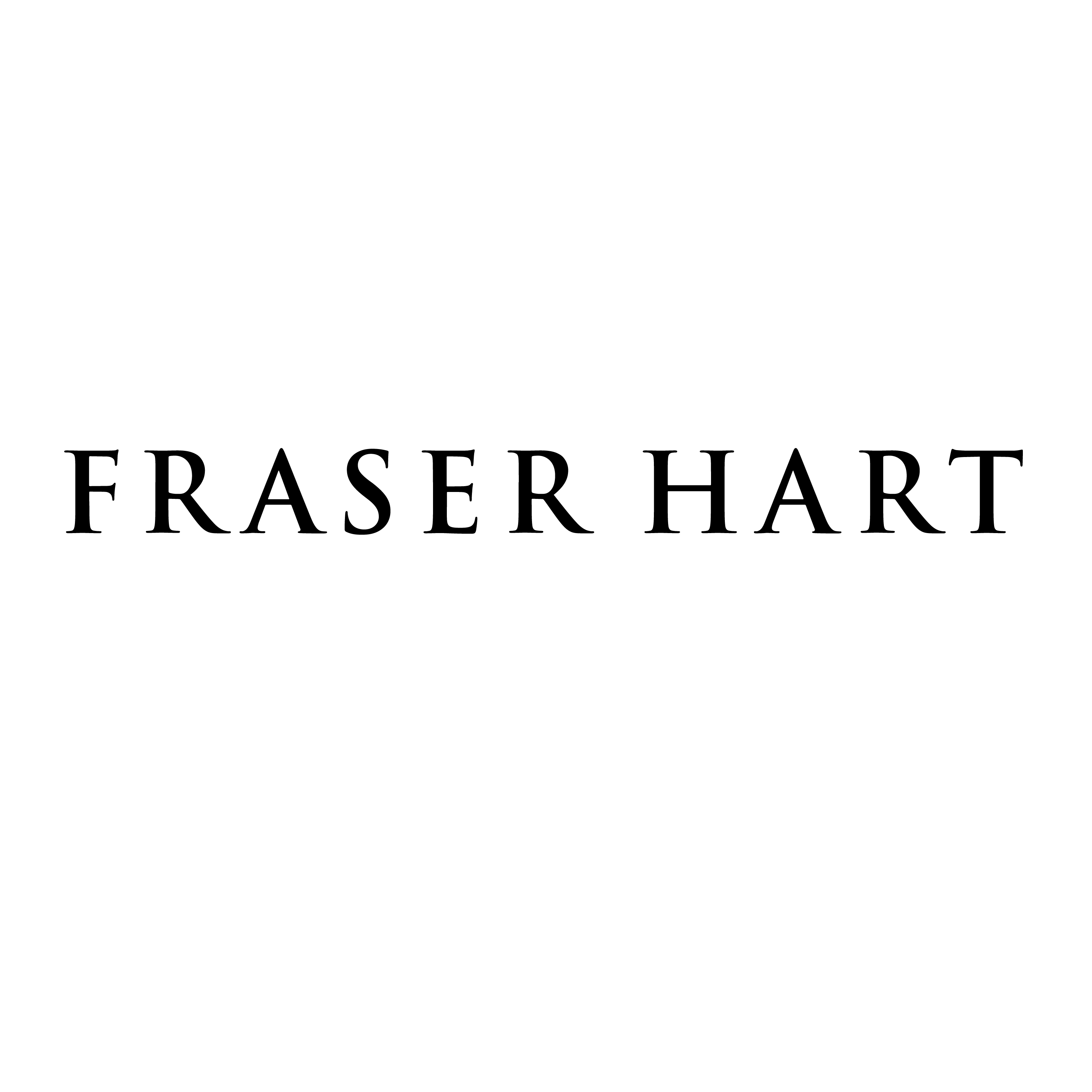
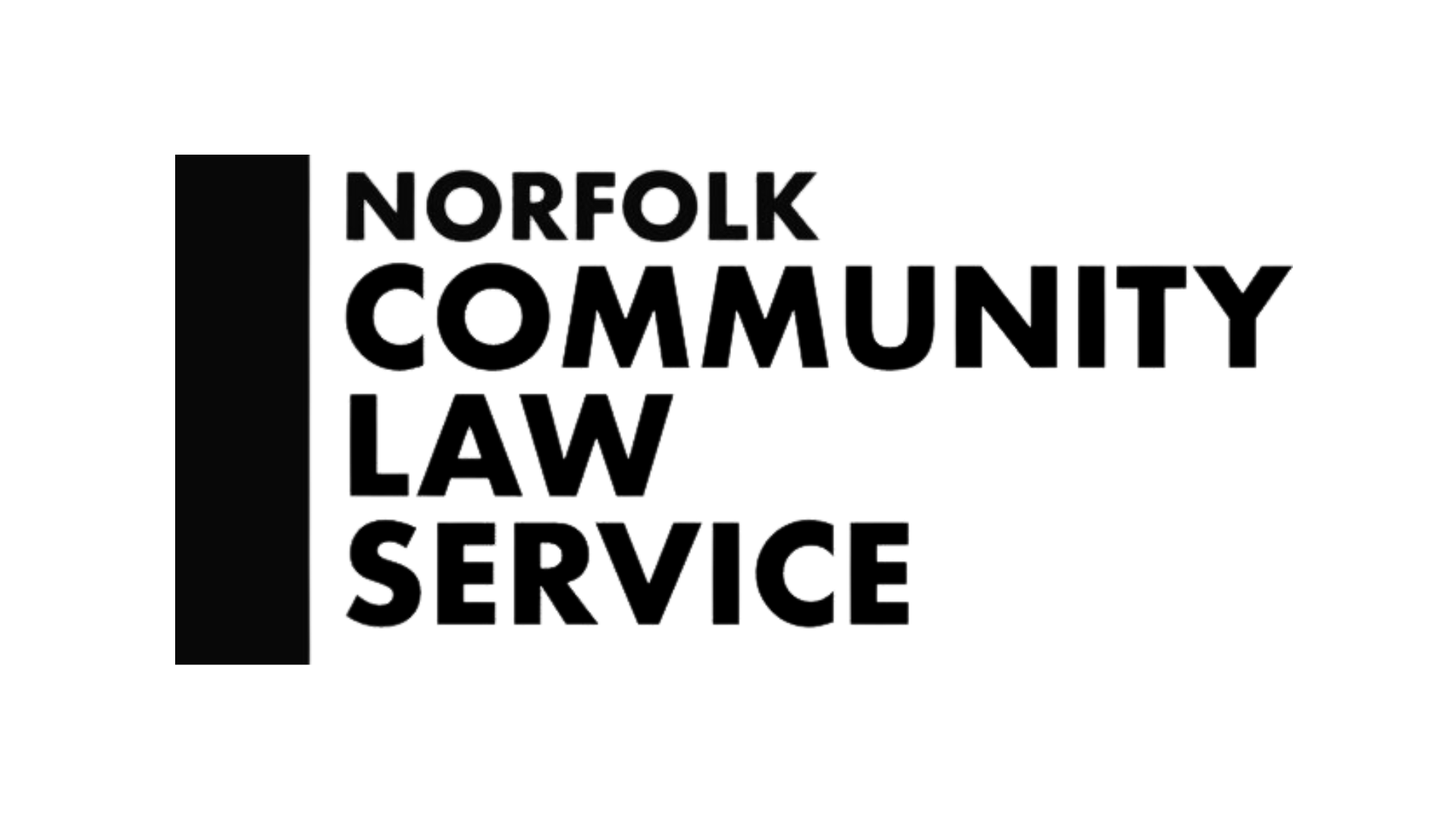



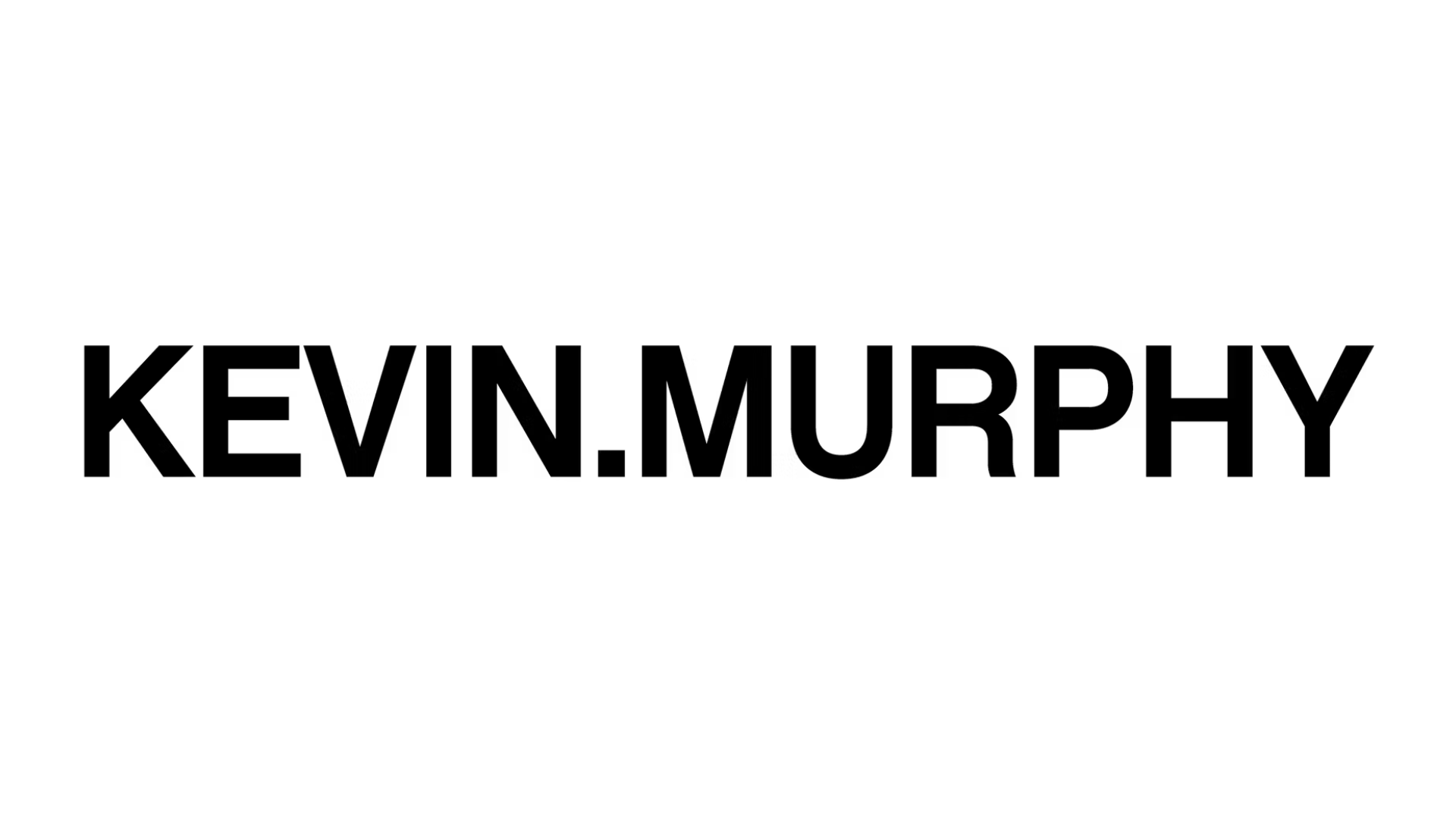
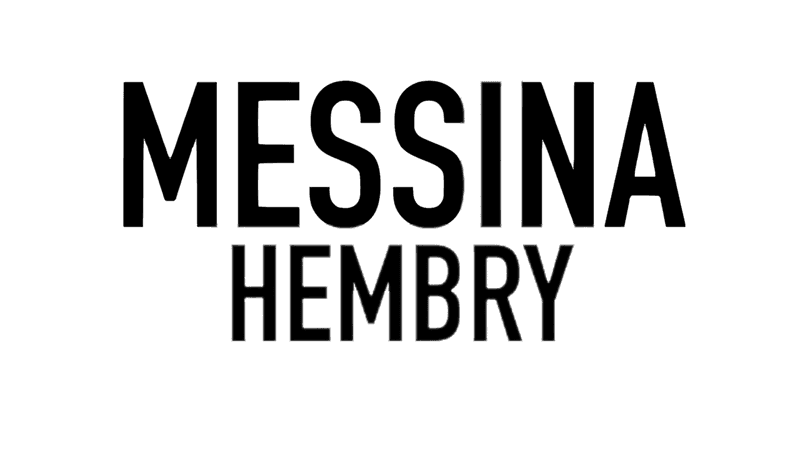
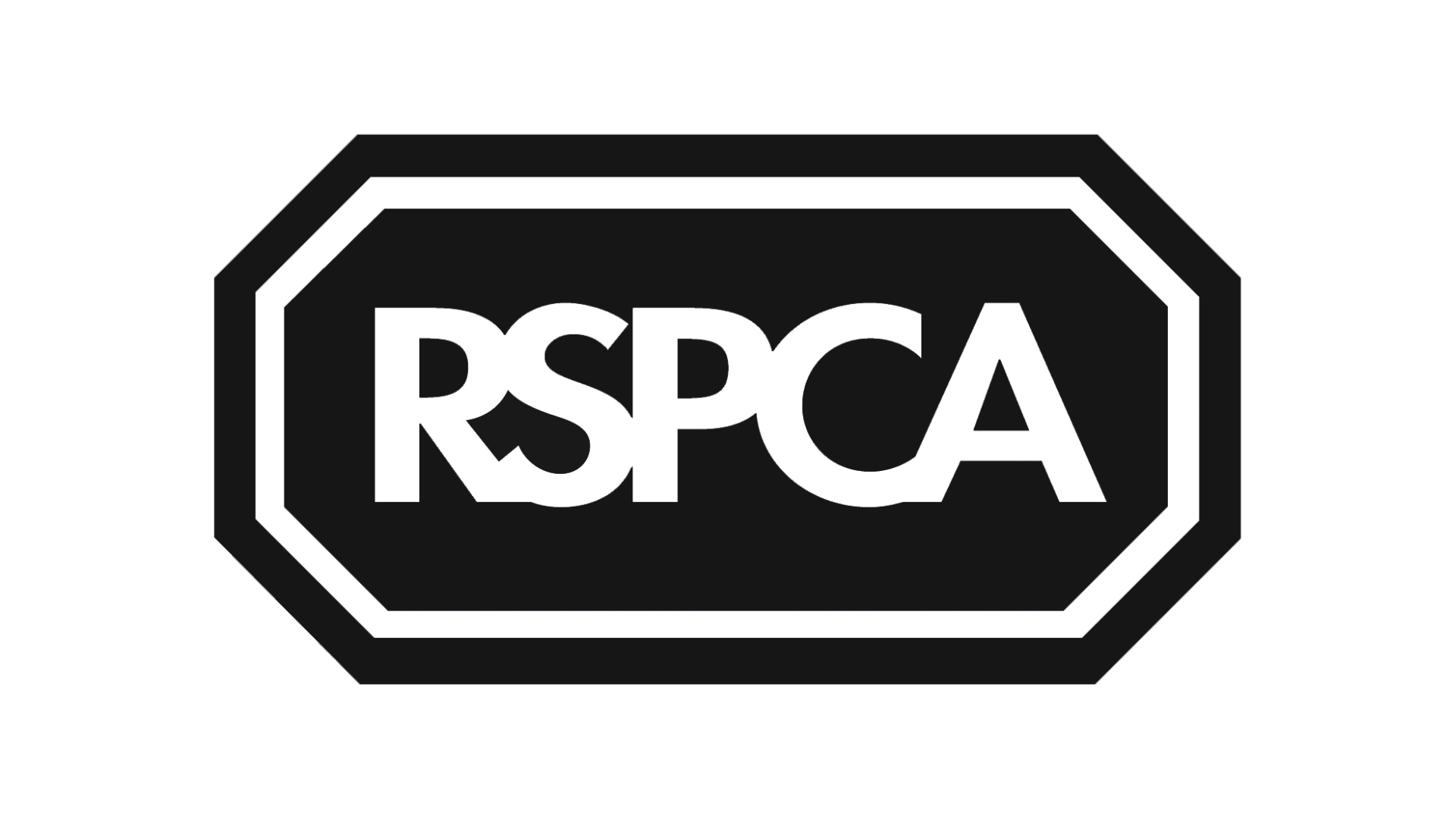


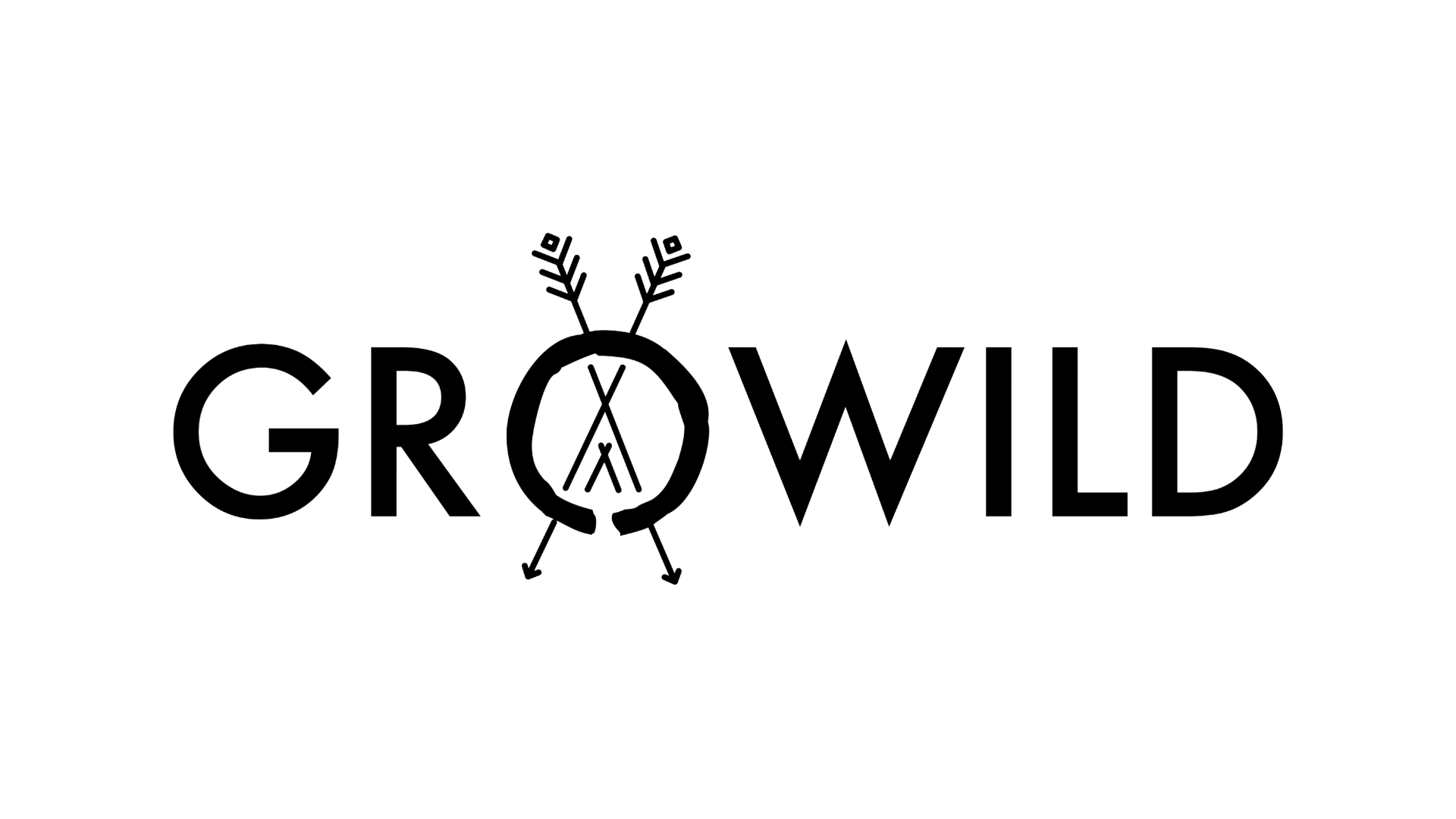
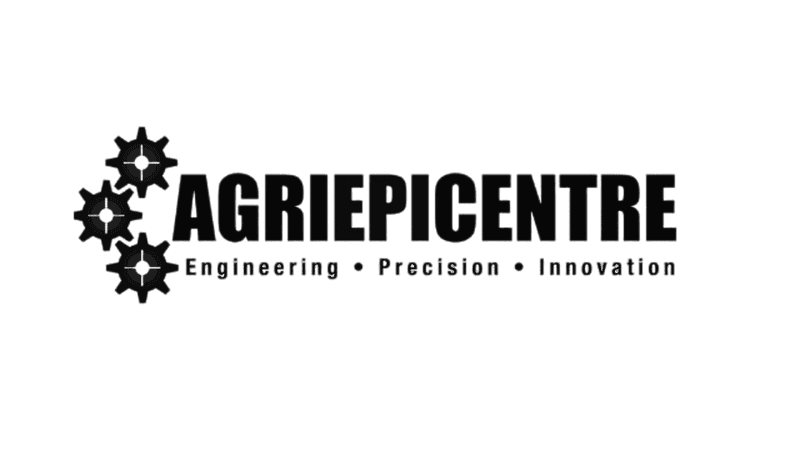


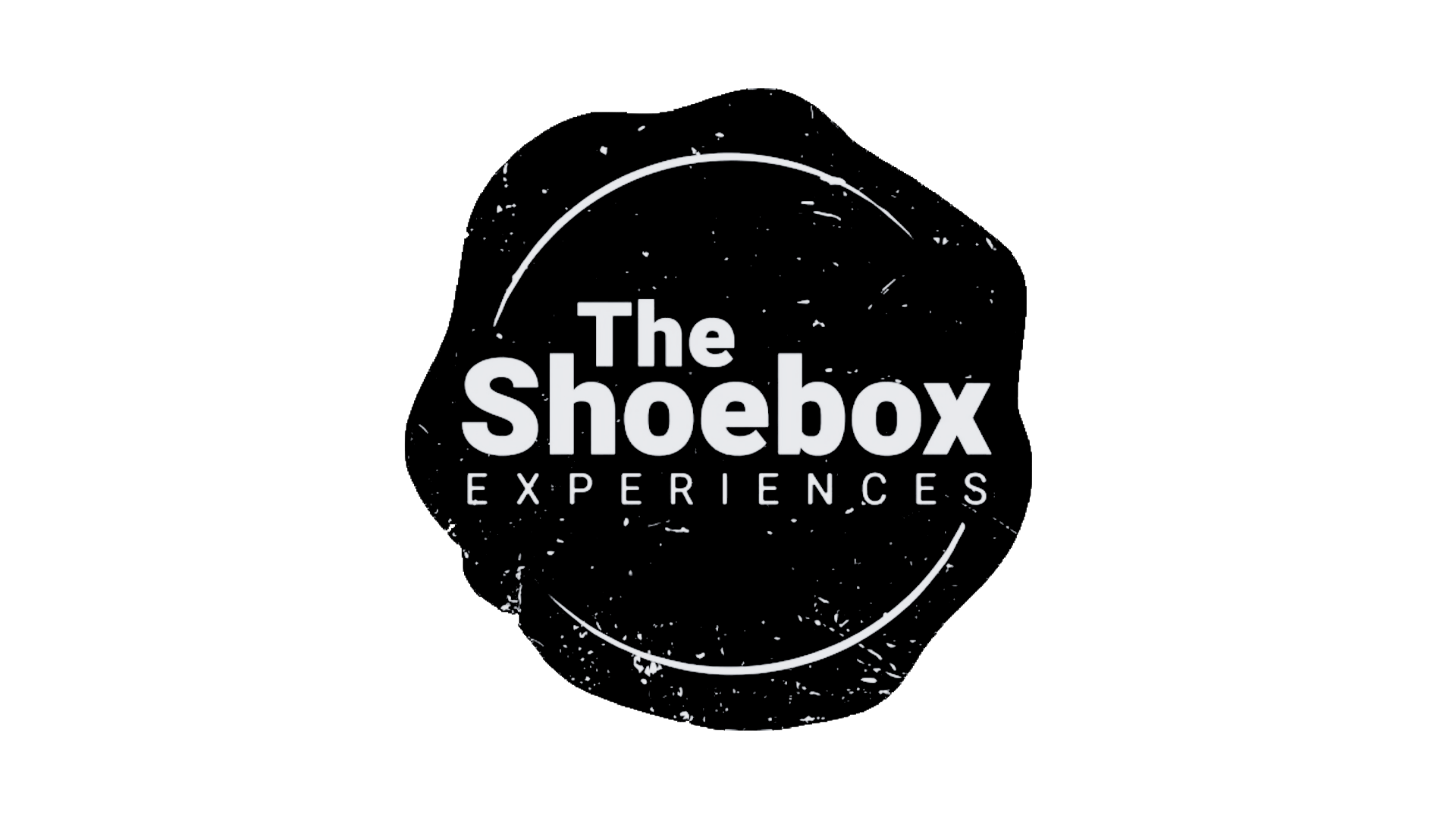


![[removal.ai]_7f27bf29-db53-435d-a634-4d6e7d4c0038](https://yawnmarketing.co.uk/wp-content/uploads/2023/01/removal.ai_7f27bf29-db53-435d-a634-4d6e7d4c0038.png)
![[removal.ai]_fb8dfe21-d7f5-4548-bd32-4e066ba3f972](https://yawnmarketing.co.uk/wp-content/uploads/2023/01/removal.ai_fb8dfe21-d7f5-4548-bd32-4e066ba3f972.png)
![[removal.ai]_a1271f54-b85f-4d55-8c8c-c0c256beb093 (1)](https://yawnmarketing.co.uk/wp-content/uploads/2023/01/removal.ai_a1271f54-b85f-4d55-8c8c-c0c256beb093-1.png)
![[removal.ai]_b81ff4af-ccff-4d3c-b358-e094865820af](https://yawnmarketing.co.uk/wp-content/uploads/2023/01/removal.ai_b81ff4af-ccff-4d3c-b358-e094865820af.png)
![[removal.ai]_60636a21-0918-4e97-8dff-085e9821386e](https://yawnmarketing.co.uk/wp-content/uploads/2023/01/removal.ai_60636a21-0918-4e97-8dff-085e9821386e.png)
![[removal.ai]_tmp-63bc0f493a216](https://yawnmarketing.co.uk/wp-content/uploads/2023/01/removal.ai_tmp-63bc0f493a216.png)
![[removal.ai]_258a25d0-cf81-49e2-97ea-eb5dba513e42](https://yawnmarketing.co.uk/wp-content/uploads/2023/01/removal.ai_258a25d0-cf81-49e2-97ea-eb5dba513e42.png)
![[removal.ai]_tmp-63bc0fb550b31](https://yawnmarketing.co.uk/wp-content/uploads/2023/01/removal.ai_tmp-63bc0fb550b31.png)
![[removal.ai]_tmp-63bc100312311](https://yawnmarketing.co.uk/wp-content/uploads/2023/01/removal.ai_tmp-63bc100312311.png)
![[removal.ai]_932dba74-335e-465d-a995-b96be4cec293](https://yawnmarketing.co.uk/wp-content/uploads/2023/01/removal.ai_932dba74-335e-465d-a995-b96be4cec293.png)
![[removal.ai]_tmp-63bc101f25d1c](https://yawnmarketing.co.uk/wp-content/uploads/2023/01/removal.ai_tmp-63bc101f25d1c.png)
